Donald Trump
Appellate Court Judges Question Trump’s Stance on Birthright Citizenship
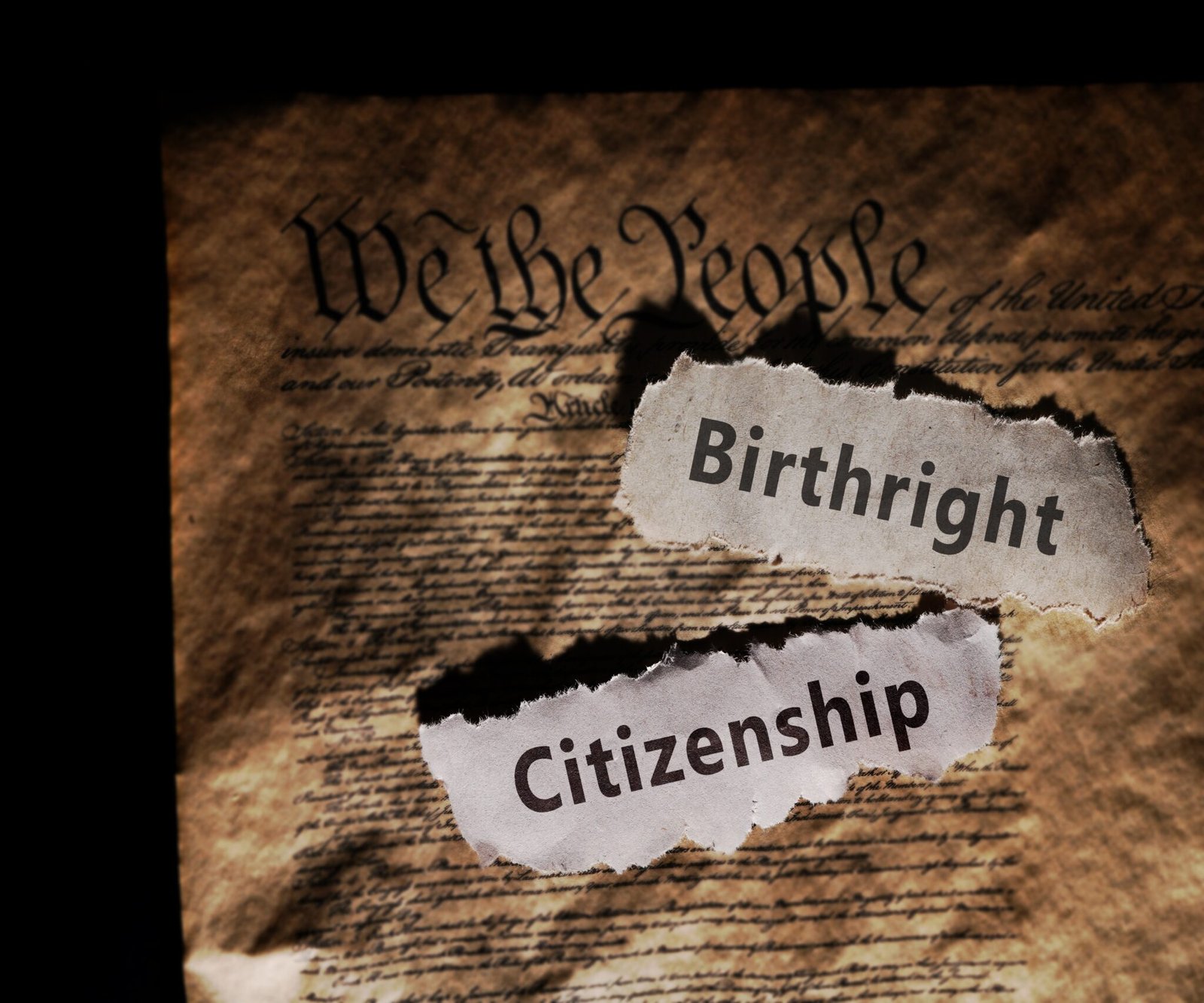
A federal appellate court is currently deliberating on the potential to overturn a century-and-a-half-old constitutional right ensuring that every child born in the U.S. is granted citizenship. The Ninth Circuit Court of Appeals recently heard arguments regarding a lawsuit initiated by Arizona, Washington, Illinois, and Oregon against the federal government in January.
The challenge was launched just a day after President Trump issued an executive order that would deny citizenship to children born after February 19, 2025, if their parents lack U.S. citizenship or lawful permanent resident status. A Seattle district court had previously blocked this order, deeming it “blatantly unconstitutional.”
The Trump administration seeks to have this ruling reversed, asserting that the Fourteenth Amendment’s citizenship benefits were never intended to cover children of undocumented immigrants. Eric McArthur, a deputy assistant attorney general, argued that historical congressional discussions on the amendment indicate an intent to reserve citizenship for those connected to the U.S.
McArthur referenced the landmark Dred Scott case, asserting that the principal aim of the citizenship clause was to guarantee rights for freed slaves and their descendants. He stated the core issue is whether the amendment grants birthright citizenship to children of individuals categorized as transient visitors or illegal aliens, who did not exist at the time the amendment was ratified.
Restricting citizenship to the children of undocumented immigrants would impact hundreds of thousands born in the U.S. annually. According to the states’ lawsuit, as many as 3,400 children born in Arizona in 2022 had parents without legal status.
The administration contends that citizenship is only guaranteed to those “subject to the jurisdiction” of the United States, a phrase interpreted as excluding children of foreign diplomats. Historical precedents demonstrate that prior laws excluded certain groups, like Native Americans, from citizenship until later legislative changes.
For a child born in the U.S. to be eligible for citizenship, McArthur claimed, their parents must have established residency here rather than being transient visitors. The judges on the appellate panel expressed skepticism about McArthur’s interpretation of residency as a requirement for citizenship.
Judge Ronald Gould noted that the language of the citizenship clause does not explicitly mention residency. In contrast, McArthur argued that living in the U.S. implies a necessary allegiance to the country that undocumented immigrants do not possess.
Concerns about the repercussions of the executive order were raised by Noah Purcell, Washington’s solicitor general. Purcell argued that accepting the Trump administration’s position could retroactively affect millions who believed they were U.S. citizens.
As proceedings unfold, Judge Gould questioned potential outcomes, asking whether a child born to a mother without current legal status could face deportation even after decades of living in the country before this order’s implementation.
Purcell contended that enforcing the order would impose unbearable administrative burdens on hospitals and governmental workers, complicating the task of determining who qualifies for citizenship. He also raised doubts about the practical implications of establishing a “political allegiance” criterion for citizenship.
The court proceedings are part of a series of interconnected cases designed to challenge Trump’s stance on birthright citizenship. The U.S. Supreme Court may ultimately determine the outcomes of these legal battles, affecting not only the Ninth Circuit’s decision but potentially the enforcement of nationwide injunctions against such executive actions as well.
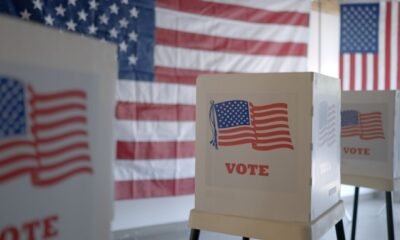



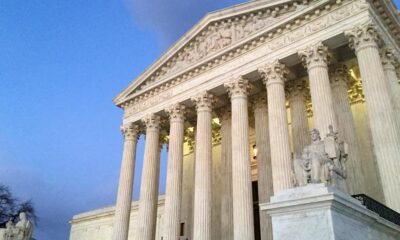



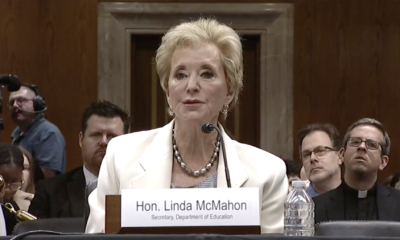

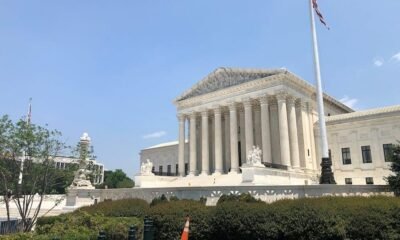


![Top left: A handgun photographed at the scene of a May 15 shooting in Rancho Mirage. Bottom left: Thomas Ray Crew faces life in prison. Background: Attorneys discuss Crew's case in Pinal County Superior Court May 30, 2025. [David Iversen, Pinal County Sheriff's Office/graphic]](https://arizonanews.org/wp-content/uploads/2025/06/In-Law-Shooter-Thomas-Crew-Pleads-Not-Guilty-Faces-750K-Bond-80x80.jpeg)




